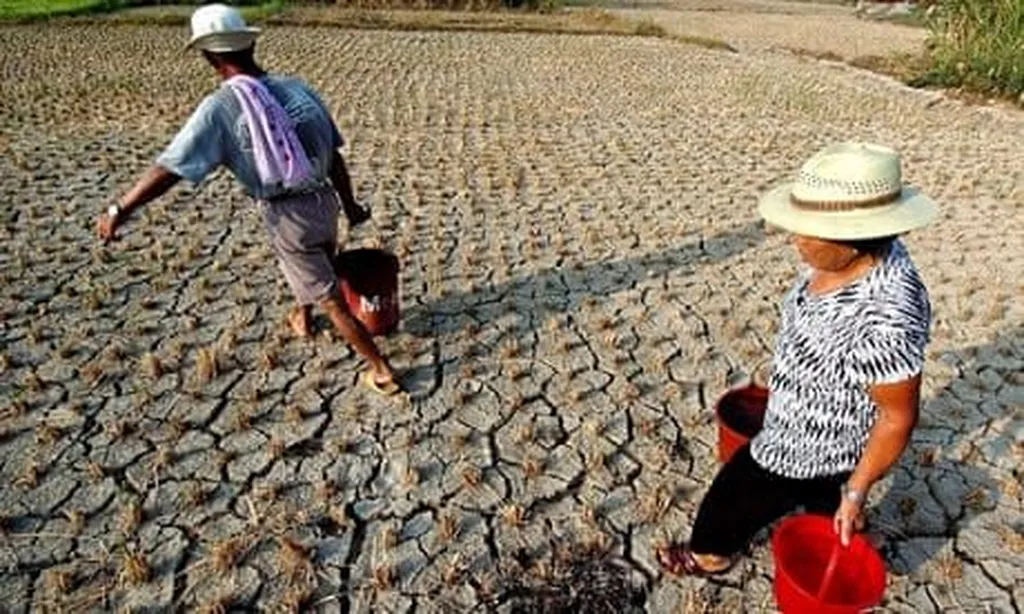In the heart of Australia’s temperate rice-growing regions, farmers are facing an unprecedented challenge: climate change is altering the very qualities that make their rice marketable. A new review published in the journal *Biology* (which translates to *Life* in English) sheds light on how environmental stressors are disrupting the biochemical pathways that determine rice grain quality, with significant implications for the industry’s future.
Led by Yvonne Fernando of Swinburne University of Technology, the research synthesizes current knowledge on climate-induced quality changes, using the Australian rice industry as a case study. The findings reveal that extreme temperatures, variable rainfall, elevated CO₂ levels, and salinity are all taking a toll on rice grains, affecting their physicochemical, textural, and aromatic traits.
“Temperature is a key driver,” Fernando explains. “We’re seeing quality deterioration when temperatures exceed 35°C or drop below 15°C. Different rice classes exhibit distinct vulnerabilities, with medium-grain japonica varieties showing reduced amylose under heat stress, and aromatic varieties experiencing disrupted aroma synthesis under drought.”
The commercial impacts of these changes are substantial. Rice grain quality is a critical factor in market acceptance, and any alteration can lead to reduced prices or even rejection in the market. For the energy sector, which relies on stable agricultural outputs for bioenergy production, these changes could disrupt supply chains and affect the viability of bioenergy projects.
The Australian industry has responded with the development of cold-tolerant cultivars, precision agriculture, and water-saving practices. However, as Fernando notes, “Projected climate variability demands more integrated strategies. We need to prioritize breeding for stress-resilient quality traits, refining water management, and deploying advanced phenotyping tools.”
Emerging technologies like hyperspectral imaging and machine learning offer promise for rapid quality assessment and adaptive management. These tools could revolutionize the way farmers monitor and respond to environmental stressors, ensuring consistent grain quality despite climate variability.
The research underscores the urgent need for innovation in the agricultural sector. As climate change continues to disrupt traditional growing conditions, the development of stress-resilient rice varieties and advanced monitoring technologies will be crucial for maintaining market competitiveness and ensuring food security.
For the energy sector, this research highlights the importance of investing in climate-resilient agricultural practices. By supporting the development of stress-resilient crops and advanced phenotyping technologies, the energy sector can help ensure a stable supply of agricultural outputs for bioenergy production, even in the face of climate variability.
In the words of Yvonne Fernando, “Sustaining high-quality rice in temperate zones requires innovation linking physiology with practical adaptation.” As the agricultural industry grapples with the challenges of climate change, this research offers a roadmap for adapting to a changing climate and ensuring the future of temperate rice production.

